From business to education, mindfulness has found its way into nearly every facet of life, and sports are no exception. This is because athletic performance isn’t just about physical strength, it’s about mental fortitude and preparedness as well.
While putting in hours at the gym or at practice can help players move faster, jump higher, and hit harder, anxiety, a lack of self-confidence, and stress are often the underlying culprits of a subpar performance. For this reason, it’s important for athletes to mentally prepare as well as physically.
Problems with Performance
As great as many athletes are, they could be even better if they weren’t suffering from sports-related anxiety. This kind of stress is pervasive and starts earlier than many coaches think.
According to the NCAA, nearly one in three adolescents in the U.S. meet criteria for an anxiety disorder. Of those, half begin experiencing their anxiety disorder by age six. What’s more, NCAA research found that nearly 85% of certified athletic trainers believe anxiety disorders are currently an issue with student athletes on their campus.
We should love the sports we play and the joy we receive from it should make us happier people, right? Unfortunately, this isn’t always the case. In fact, the British Journal of Sports Medicine found that nearly 25% of athletes suffer from moderate to severe depression. This is major problem, as mental illness not only contributes to poor athletic performance, but also poor grade-point average, lower-quality social interactions, and reduced overall well-being.
Mental Stress Has Physical Repercussions
We’ve said it before, and we’ll say it again: practicing mindfulness is not just some existential fad with immeasurable results, it really works. For instance, the College of Applied Medical Sciences found that mindfulness meditation therapy reduced cortisol (a stress hormone that’s released by the adrenal gland) levels in elite athletic shooters by as much as 50%.
This is a substantial drop, especially when considering the disconcerting effects of high cortisol levels. Symptoms can include, but are not limited to:
- Decreased emotional intelligence
- Depression
- Diminished cognitive flexibility
- High blood pressure
- Increased Fatigue
- Muscle weakness
Go With the Flow
In a 2016 study by the International Association of Applied Psychology, researchers investigated whether an eight-week mindfulness intervention could increase athletes’ flow experience. Flow experience is the feeling of “enhanced physical and psychological function” and a sense of “freedom stemming from absence of negative thought and self-conscious evaluation.” While findings from this experiment should be interpreted with cautions due to a small sample size and cyclist-specific mindfulness training, the athletes who received the intervention showed:
- Increased mindfulness
- Increased flow experience
- Decreased sports-anxiety
- Decreased sports-related pessimism
Moreover, research published in the Journal of Sport & Exercise Psychology found the reaction times in participants who identified as being hopeful were better than those who identified as being angry or even emotionally-neutral. Negative attitudes, pessimism, and anxiety are also associated with feelings of:
- Apprehension
- Powerlessness
- Panic
- Weakness
Ultimately, mindfulness training helps athletes perform better by helping them focus on the present. With proper practice, depression surrounding past games or competitions and anxiety about future performance can diminish.
What Kind of Mindfulness Training Works for Athletes?
1. Meditation
From pros to freshmen, athletes are practicing meditation to manage pain, reduce anxiety, and improve concentration. Practicing meditation bright and early with a five minute breathing exercise is a good way to fit mindfulness into your day. During this time, focus on your physical presence, a positive mantra, and most importantly, your breath.
Be sure you’re breathing from your diaphragm and that you’re fully engaged in every inhale and exhale. It helps to find a quiet place that’s comfortable for you—this could be a yoga mat, bed, or chair. If you feel your mind start to wander, pull your thoughts back to your breathing.
2. Positive Self Talk
Make sure the voice in the back of your head is sending the right messages. Ditch feelings of uncertainty, thoughts of messing up, or judgement from spectators. These thoughts can only damage your performance.
Instead, think of positive or even objective thoughts. Find your target, be it a goal, a finish line, or a basket and how to get there. Talk to yourself about the faith you have in your own abilities. Finally, think about how much you enjoy competing. Much like meditation, thinking of a positive mantra can get you pumped and feeling energized.
3. Visualization
Ever hear the expression a picture is worth a thousand words? Well, that stands true for mindfulness as well.
Painting a positive mental image of yourself performing can work wonders once you’re actually in the game. Athletes can manage performance anxiety by imagining themselves utilizing what they’ve learned in practice, capitalizing on their strengths, and making better in-game decisions.
How Much of the Game is Mental?
Whether you’re the coach or the athlete, just about everyone will agree there is a mental component to the game, but just how much weight should be place on state-of-mind? According to Keith Kaufman, PhD, speaking at the 125th Annual Convention of the American Psychological Association: “It’s been suggested that many coaches regard sport as at least 50 percent mental when competing against opponents of similar ability. In some sports, that percentage can be as high as 80 to 90 percent mental.”
Team Up with Mindfulness Strategies
Mindfulness Strategies is in a unique position to help athletes who are suffering from game-related anxiety, as we’re seasoned in the wellness and physical education element of mindfulness and mediation. Moreover, our director Kim Hill has 40 plus years of experience in health and mindfulness education and consulting.
Mindfulness Strategies directly aligns with your current athletic practice and serves as a supplemental service for your team that can be customized into a multi-week course or a seminar for coaches, athletic assistants, and athletes. If you’re interested in implementing mindfulness into your practice, click here to contact us today.
Did you enjoy the article? Click like, leave a comment, and/or share our post to let us know your thoughts.




